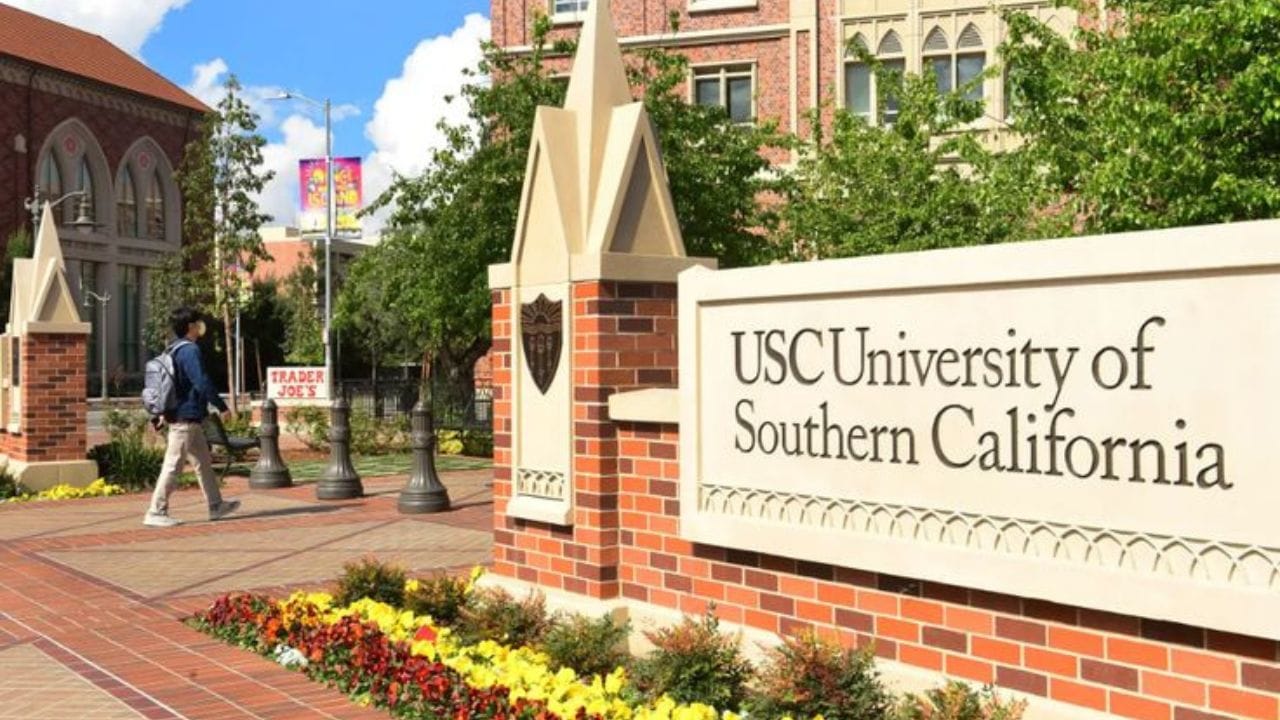Legacy admissions ban, granting special preferences to those applicants with family ties to the institution, will be enacted at private colleges and universities in California starting from fall 2025. Signed into law by Gov. Gavin Newsom, it puts an end to the practice of favoring applicants who have family connections. This directly affects the elite private schools, like Stanford University and USC, that for years have been giving the preference to the descendants of alumni and major donors.
Legacy Admissions Ban: A Forward Step for Fairness
Bans on legacy admissions are part of a larger push to make college admissions more fair and inclusive. The governor declared that admissions need to stand on merit, skills, and hard work and not on family ties. Now, California is trying to give every student an equal chance at getting access to higher education based on nothing but merit.
An A.B. Chinook A statement from the Assembly member, Phil Ting, who wrote the bill, said that it was “a significant step towards increasing diversity at private colleges.” Legacy preferences, he explained, have been around for generations, giving preference to students who have a family connection to the institution, and some studies have demonstrated that this may change the game in favor of the riches and connections. The end goal of private college admissions reform is to play on level ground and have a more equitable, fair admissions policy for every applicant, especially those from underrepresented groups.
Nationwide Review of the College Admissions System
A legacy ban in California was recently executed pending the United States Supreme Court’s 2023 ruling against race-based consideration in college admissions. Since then, institutions in the country are re-evaluating their admissions systems to ensure equity and diversity. While public universities in California have long prohibited legacy preferences, private colleges have continued to rely on this practice. So the decline of legacy admissions at private colleges and universities is creating a rapidly changing college admissions landscape. With California now the second state to eliminate legacy admissions at private schools—Maryland was the first last year—the state has joined with Maryland to spearhead a movement that could alter the landscape of college admissions nationwide.
The new law will hit particularly at the privileged private schools, including Stanford and USC, where a report indicated that close to 14% of the students admitted in 2022 had a connection through legacy. Such a statistic raised concerns over fair play and equity in admissions
Apparently, elite schools would be crossing a significant fraction of the future leaders.
The Consequences of the Legacy Admission Ban on Diversity
Although the end to legacy preferences may now add more diversity, that will have to wait for long-term input. Johns Hopkins University was one of the institutions that phased out legacy admissions several years ago and has since made stellar progress on first-generation low-income students. Ending legacy admissions at private colleges in California will probably lead to similar ramifications for greater diversity as kids of different socio-economic backgrounds will receive equal treatment.
Beyond the principle of diversity, this policy change reflects an increasingly robust belief that the pursuit of equity in college admissions ought to be number one on the agenda of higher education. More than when barriers are eliminated against entry by richer or more connected families, it would portend merit and potential—academics over family legacy.
Conclusion
A bold step towards an equity-driven higher education system would be the banning of legacy admissions at the private colleges in California. But with this policy to be implemented in 2025, private institutions will have to fit into the new landscape wherein all applicants, irrespective of family background, would have the chance of pursuing any academic goals. What should be predominant in determining what their future holds for them in terms of higher education is the merit, skill, and hard work of each individual. The state of California is setting quite a mighty precedent for the rest of the country to follow by centering equity in the college admissions process.





